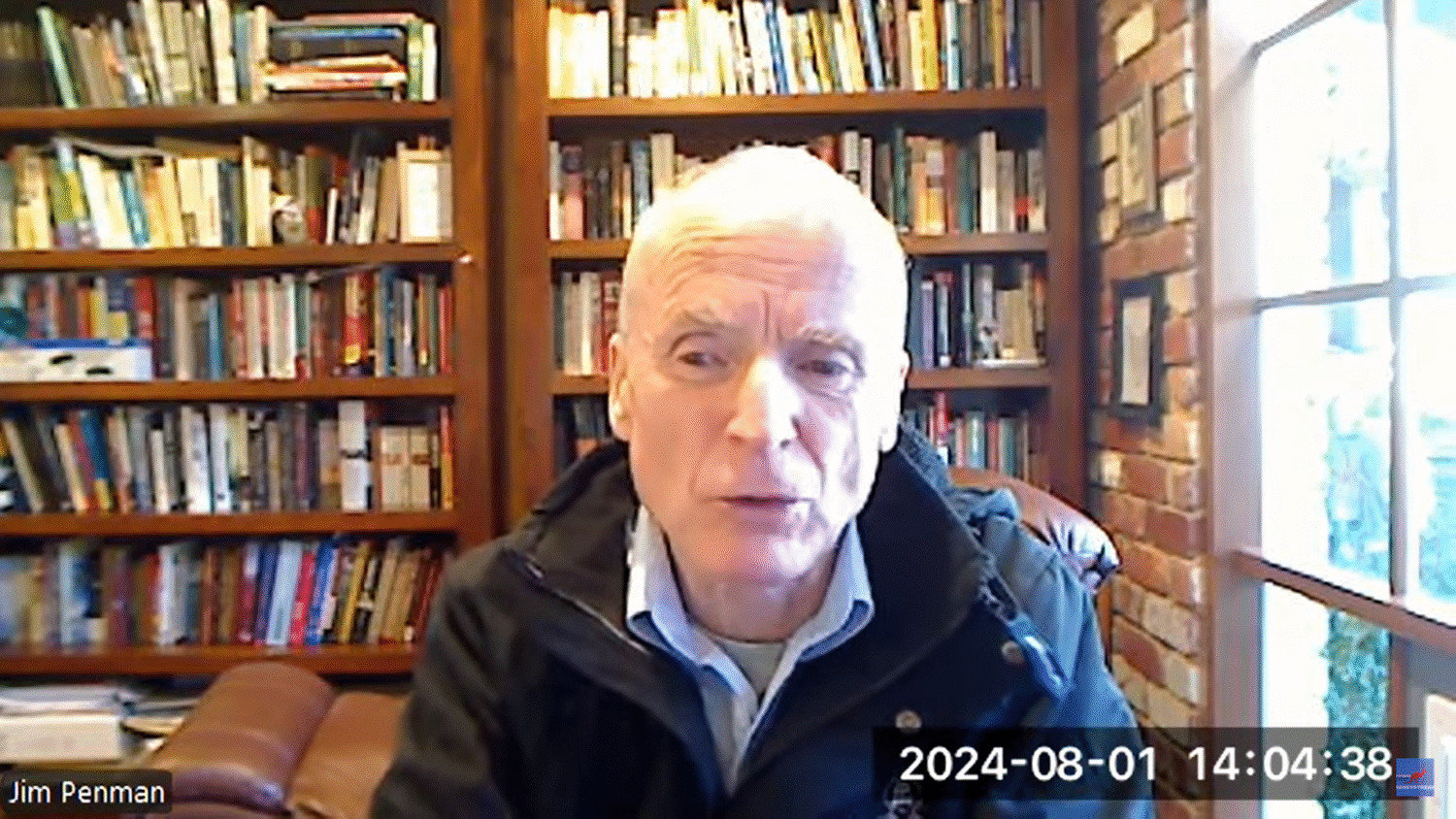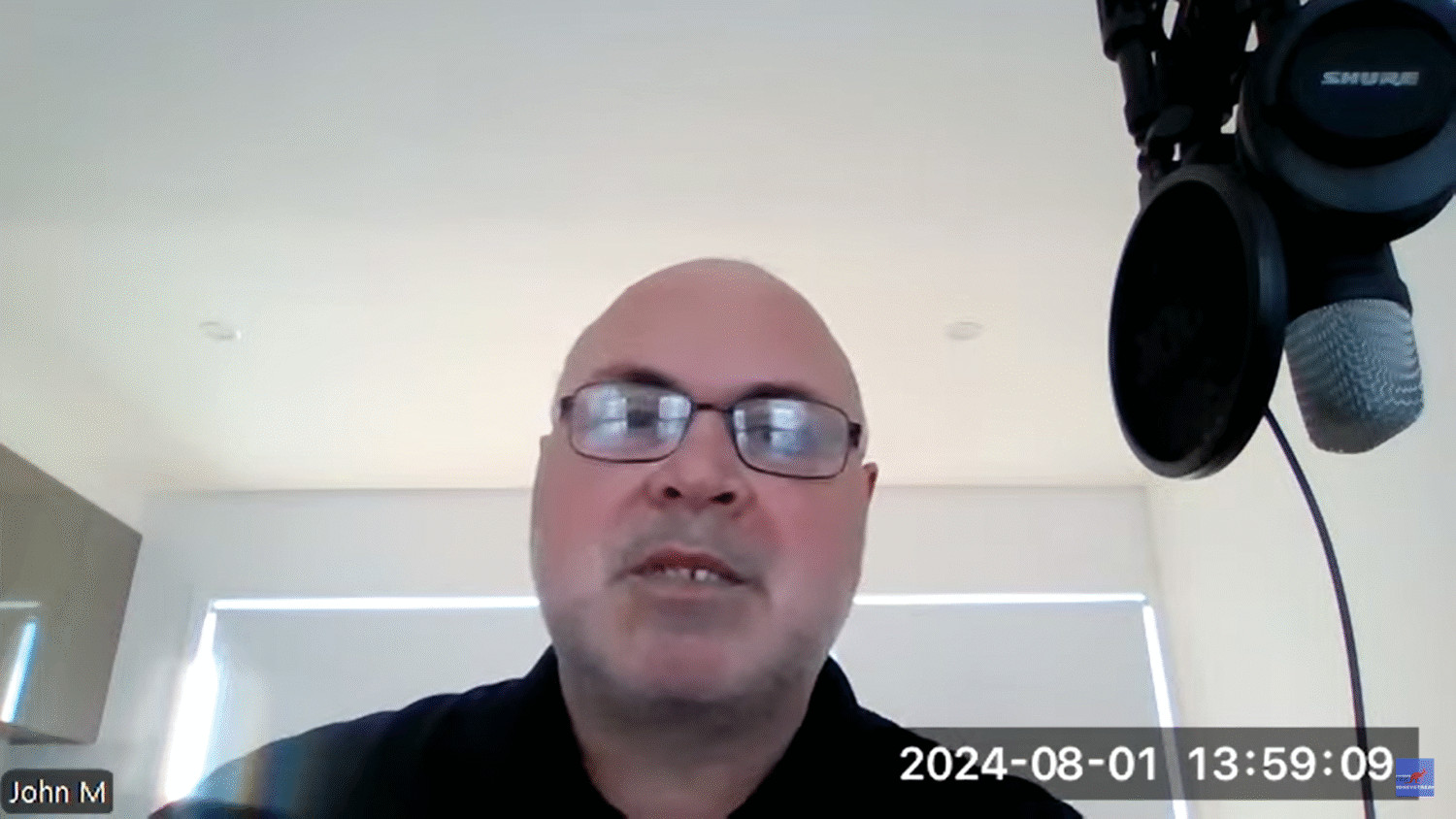The Alarming Decline in Birth Rates
As the founder of Jim’s Group, I’ve always been driven by more than just business.
One of the trends that deeply concerns me is the alarming decline in birth rates across the Western world.
With the exception of Israel, nearly every developed country has dropped well below the replacement rate of 2.1 children per woman.
This isn’t something we can fix with economic incentives alone.
The real issue, I believe, lies in how our values and psychology have shifted.
Our societies have become increasingly individualistic—people are more focused on personal growth and success than on family or community.
As a result, many feel isolated, and about 40% of adults say they don’t have a single close friend.
That loneliness leads to what we now call “deaths of despair”—suicides, overdoses, and other destructive behaviors.
My Journey Into Epigenetics
At La Trobe University, my team and I have been researching epigenetics—the study of how behavior and environment can cause changes in the way genes work.
I believe that the psychological shifts driving declining birth rates and increased loneliness are rooted in epigenetic responses to abundant food and resources.
In essence, prosperity has triggered an evolutionary mechanism that prioritizes individual survival over reproduction and community-building.
People often say they can’t afford kids, but I think that’s a rationalization.
What’s really happened is that we’ve been conditioned—epigenetically—to think about ourselves first.
We’ve lost that deeper sense of meaning that comes from raising a family and being part of a strong community.

Developing Epigenetic Solutions
That’s why my work now goes beyond research—I’m trying to create real-world solutions.
One avenue I’m exploring is the development of epigenetic treatments, perhaps a kind of medication, that could help shift these deeply ingrained patterns of thought and behavior.
Imagine a treatment that helps people become more disciplined, more connected, more fulfilled.
They’ll be better partners, better friends, and better parents.
Those who take it may thrive, and those who don’t may simply fade into irrelevance.
What the Amish Taught Me
I often point to the Amish as an example of what we’re missing.
With an average of seven children per family, they live simply, work hard, and focus on community and purpose over personal fame or fortune.
They’ve resisted the hyper-individualism of modern society—and they’re thriving.
They don’t chase success the way most of us do.
They want their children to be good people, not just high earners.
Whether they become a lawyer or a farmer doesn’t matter.
What matters is that they live with meaning, serve others, and build strong families.
I believe we need to reclaim those values if we want to reverse the trends we’re seeing.
Reclaiming Joy in Everyday Life
Some of the happiest times in my life were spent mowing lawns.
I remember elderly clients who’d greet me with tea and a biscuit, and the satisfaction I felt from doing a job well.
That connection, that appreciation, and that physical work brought me joy.
That’s what’s missing today—too many people have forgotten the simple pleasures of life.

That’s why I invite people to join our franchise training program.
It’s more than just business training—it’s about rediscovering meaning through work, community, and service.
By embracing these values, I believe we can heal some of the psychological and societal damage we’ve inflicted upon ourselves.
My Hope for the Future
Through my work with Jim’s Group and La Trobe University, I’m committed to solving some of the most pressing challenges of our time, starting with this birth rate crisis.
Epigenetics has given us the tools to understand what’s happening, and now it’s up to us to take action.
If we can shift our collective mindset—away from self and back to service, family, and community—I truly believe we can build a better future.
You can follow my research at biohistory.org, learn more about franchising at jims.net, or reach out to me directly at jim@jims.net.
Let’s work together to reshape our society—one person, one family, and one community at a time.
